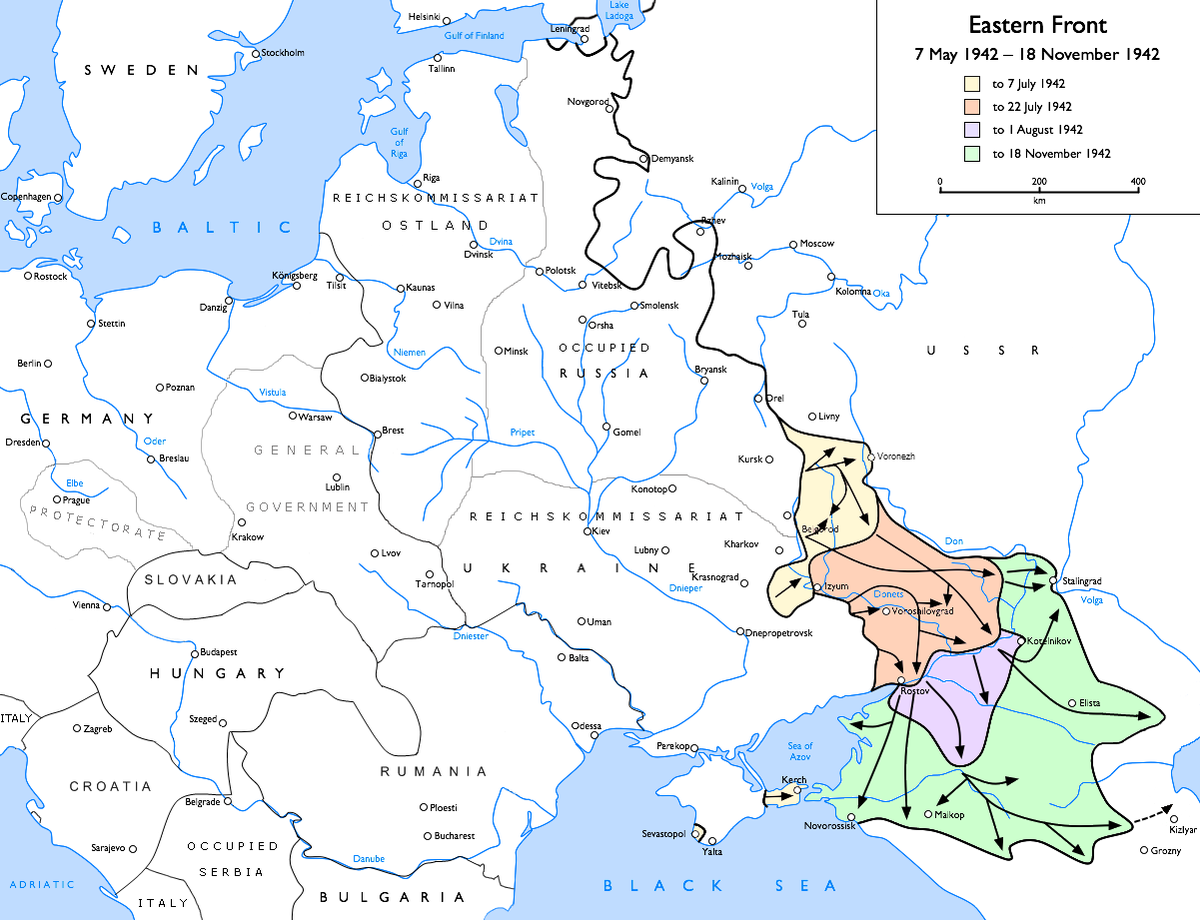No. The USA didn't match the British strategic bombardment volume of bombs dropped until Nov43, Feb 44. Further, allied strategic air forces were focussed on the infrastructure of Northern France and Benelux to support the upcoming invasion of Europe.
Additionally, Tooze points out that the industrial turning point of the strategic bombardment campaign occured in mid 1943. From this point onwards, German equipment productions drop.
Further, it wasn't about German ability to replace destroyed equipment (which was already affected in 1945 before US support really had an impact), it was about German ability to support strategic offensives. In 41 this ability had already waned where Barbarossa had relied on an economy that had built up a strategic reserve over the 1936-1941 period. Once this had been used up (in Barbarossa), German offensive capability reduced dramatically.
It is extremely important to keep in mind, here and in many other hypotheticals, that ww2 military success was never just linear with force totals. If you double the aircraft deployed you far more than double their impact. Likewise, halve the aircraft and you risk jeopardizing their entire purpose. WW2 was far less about diminishing returns and instead was repeatedly a factor of breakthroughs and force multipliers and strategic advantages. Allied bombing was something Germany lacked a decent level of defense against, but it did have some answers for the damage at least. So the british were very effectively destroying German industry a bit past what could be efficiently dealt with, and American aircraft added to the amount already beyond German means to recuperate from. Remove American aircraft and the damage to Germany goes down far more than just as a % of those planes.
Likewise in the USSR, small differences can make or break an offensive or a stand. Russia BARELY held. Their offensives were very difficult at first. It is certainly true that the USSR held without the need for US aid, but it is not so easy to claim their counterattack and eventually eastern European conquests go close to the same. They are missing a significant (I believe 8?) percentage of their total while Germany is able to squeeze a slight bit more to the east. I think it could become reasonable to assume that both sides will fall into a stalemate and the soviets never reach Berlin, as eventually neither has the means to overwhelm the other until well after the historical war's endpoint.
Germany still doesn't win in this hypothetical, but its losing circumstances are going to wildly change - anywhere from a negotiated peace after the Nazis are finally ejected to a collapse and civil war that makes Russia's from the prior world war look tame in comparison.


